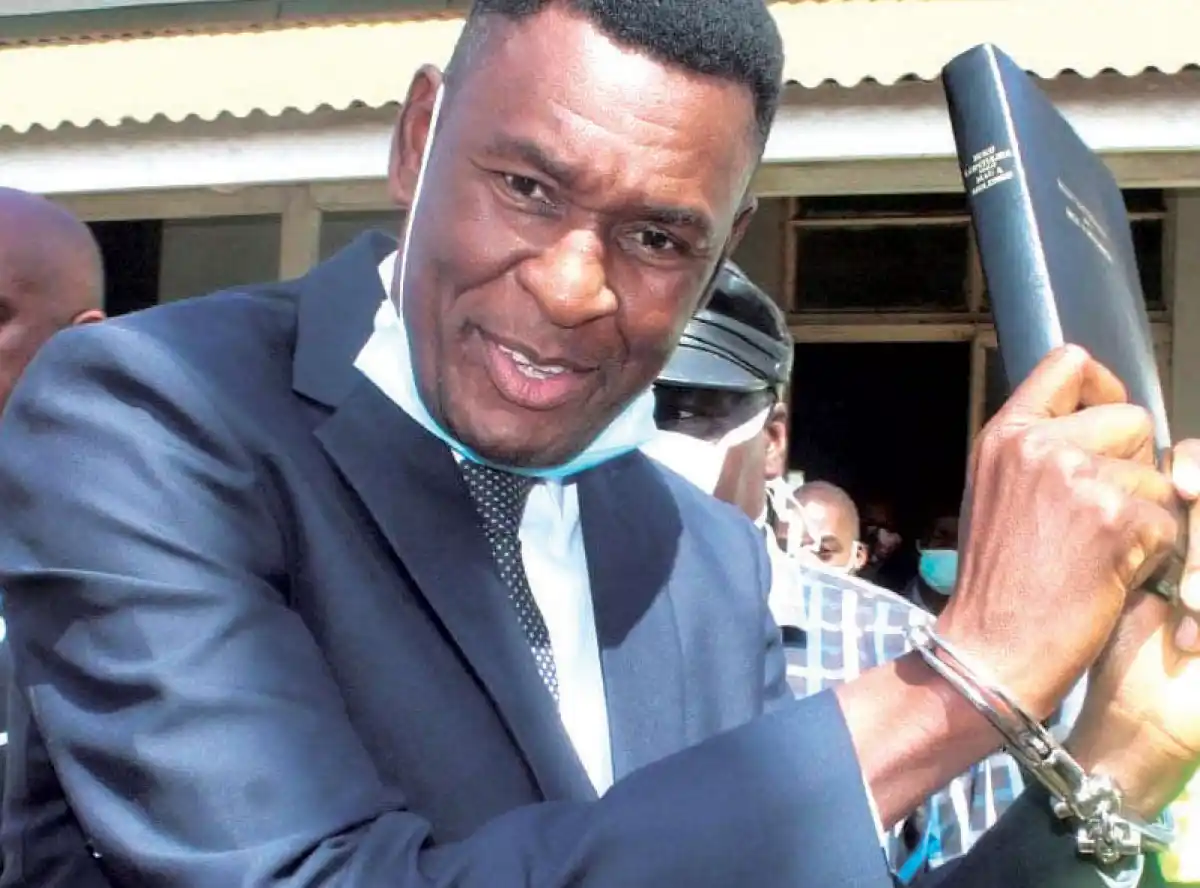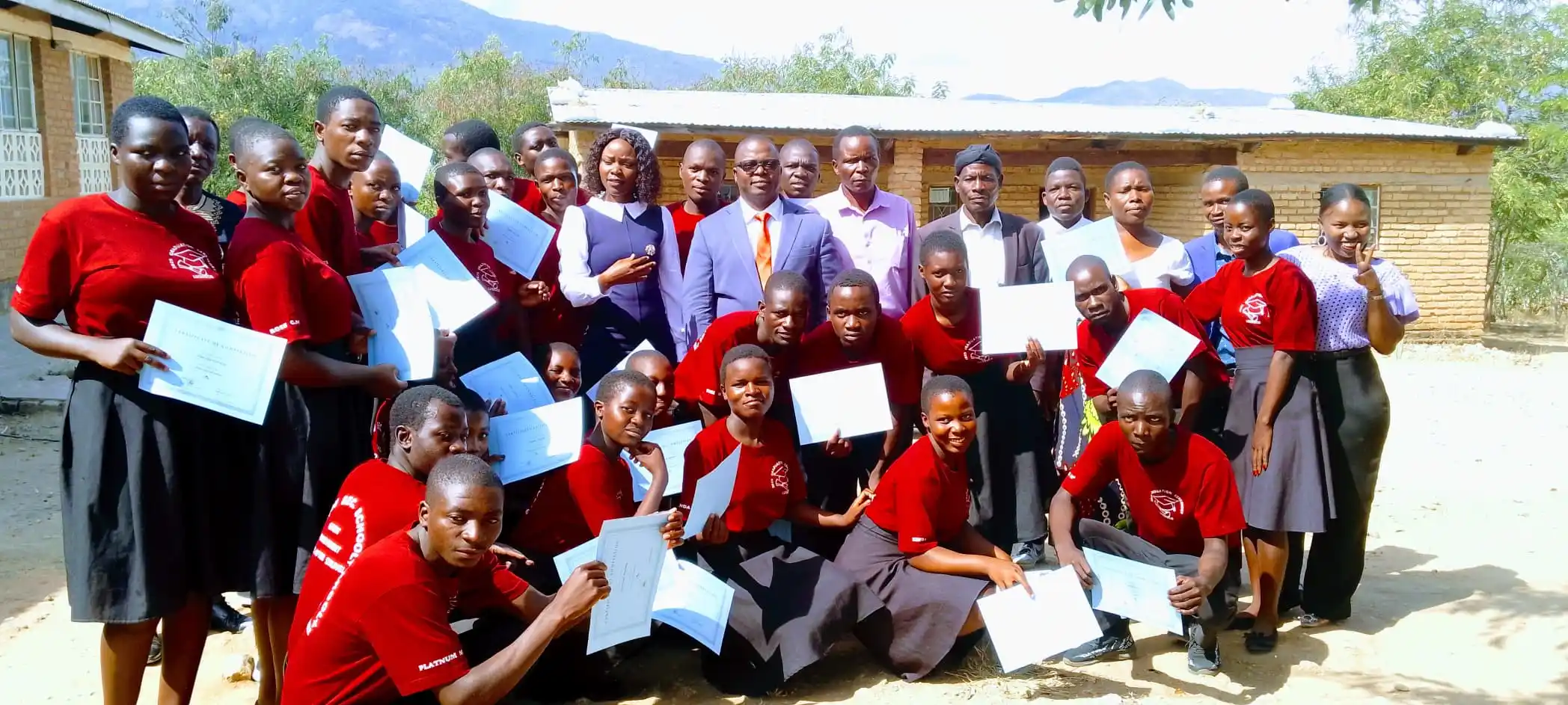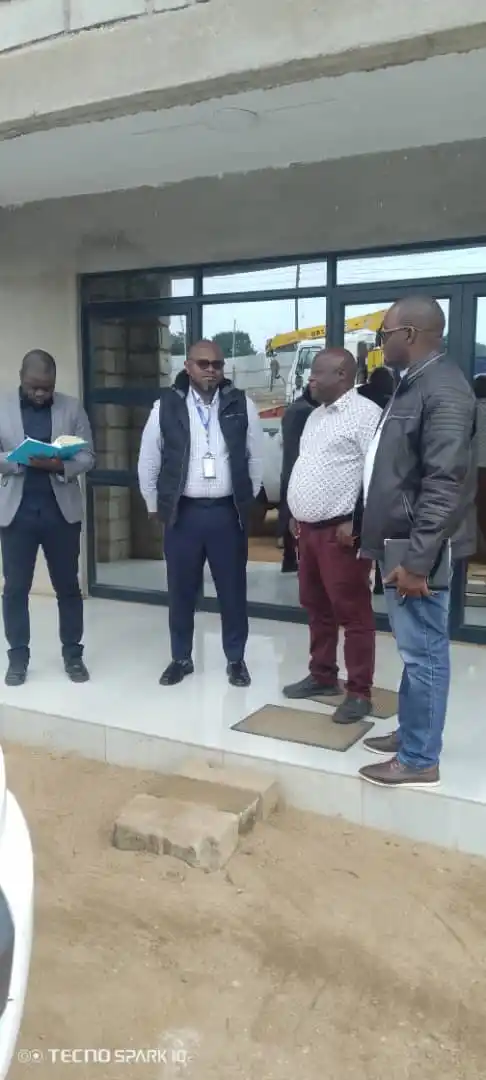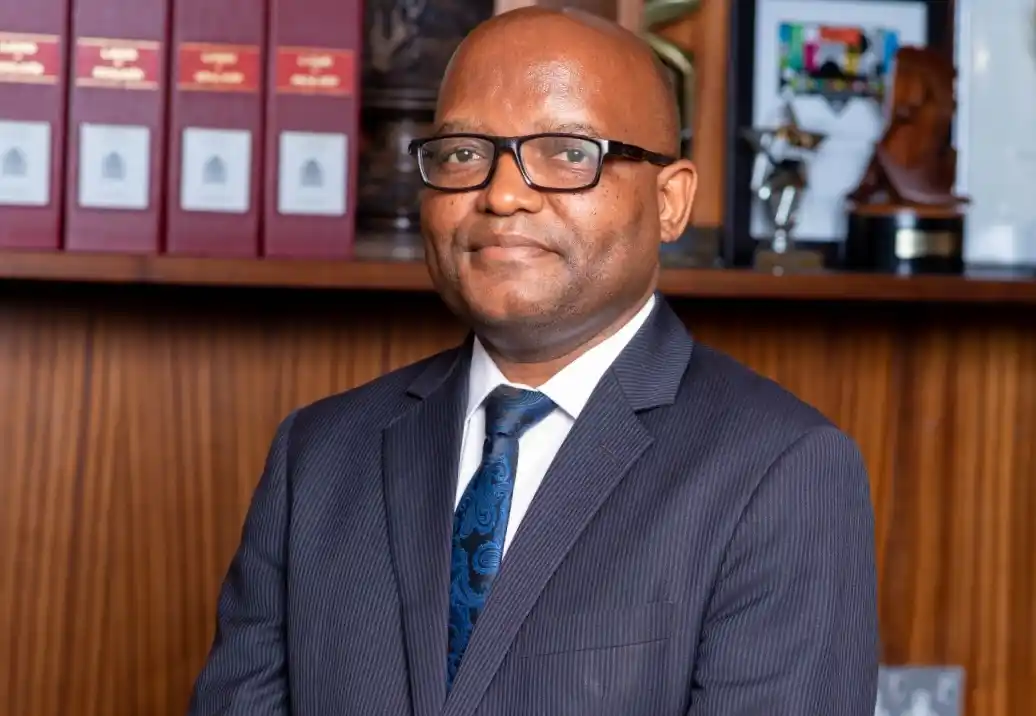
By Cathy Maulidi:
A ruling by Supreme Court of Appeal Justice Ivy Kamanga in the case of former president Peter Mutharika’s security aide Norman Chisale’s alleged unexplained wealth has sparked controversy.
Chisale’s lawyer Chancy Gondwe claims that the written ruling delivered on July 17 2024 contradicts the oral ruling given in court in December 2022.
According to Gondwe, in the oral ruling, Justice Kamanga declined to stay the civil proceedings as requested by Chisale but referred the matter to the Chief Justice for certification as a constitutional case.
“However, the written ruling appears to have reversed this decision, dismissing both reliefs,” Gondwe said.
He argues that the court has no power to change the substance of its ruling after 14 days.
In a letter to the Registrar of the High Court and the Supreme Court of Appeal, copied to the Chief Justice, the Deputy Chief Justice and Justice Kamanga, Gondwe says Chisale made an application before the justice and that there were two questions that required her determination.
The first question was whether the civil proceedings should be stayed pending a determination of the criminal proceedings in relation to the same case.
“[Second question was] whether the issues raised by [Chisale] relate to the interpretation and application of the provisions of the Constitution and therefore should be referred to the Chief Justice for certification,” the letter reads.
Kamanga rendered her ruling on December 21 2022, when she apparently declined to grant the stay but acknowledged that the raised issues required constitutional interpretation.
According to Gondwe, the justice consequently referred the matter to the Chief Justice for certification.
He goes further to state that he corresponded with the Registrar of the Supreme Court and the High Court on July 14 2023, requesting the perfected ruling to facilitate the formulation of the questions for referral to the Chief Justice.
“While the oral ruling delivered on 21st December 2022 declined the stay of civil proceedings but allowed the referral to the Chief Justice, the latest perfected ruling appears to have declined both reliefs,” Gondwe says.
He adds that “given the inconsistency”, it is imperative for the perfected ruling to “accurately reflect the decision pronounced on December 21 2022.”

Gondwe is of the view that the apparent error must be addressed and intends to invoke the internal remedial mechanism to rectify the alleged discrepancy.
But the State, represented by Attorney General (AG) Thabo Chakaka Nyirenda, maintains that there are no inconsistencies and that the perfected ruling accurately reflects the court’s decision.
Chakaka Nyirenda said in court, the judge declined the stay and, so, there are no inconsistencies.
“The perfected ruling details the court’s decision. I would not comment on his desire to approach the court again but all I know is that the stay was denied.
“My understanding of the ruling is that the court deferred it to the respondent to decide whether he should approach the Chief Justice with an application for certification of the matter as constitutional,” Chakaka Nyirenda said.
When contacted, Registrar of the High Court and Supreme Court of Appeal Kondwani Banda said he was not in the office and referred us to Innocent Nebi, who is acting as Registrar.
But Nebi, when contacted, said he was in a meeting and promised to revert.
The case dates back to February 2021, when the State obtained a preservation order against Chisale’s properties and bank accounts, suspecting that they were acquired through criminal means.
Chisale was later charged with money laundering, possession of unexplained property and filing inaccurate declarations.
He argued that the State’s actions violated his constitutional right to remain silent, as he was required to explain the source of his properties in both criminal and civil proceedings.
He claimed the Anti- Corruption Bureau, which arrested him, was using the civil proceedings to obtain information that would be used against him in the criminal case.
In the perfected ruling, the court notes that there is no merit in staying the civil proceedings until conclusion of the criminal proceedings.
“This is one matter where both civil and criminal litigation can be conducted concurrently. With regard to whether there is indeed a meritable constitutional issue that requires interpretation or application, this court does not envisage such,” the ruling reads.








0 Comments